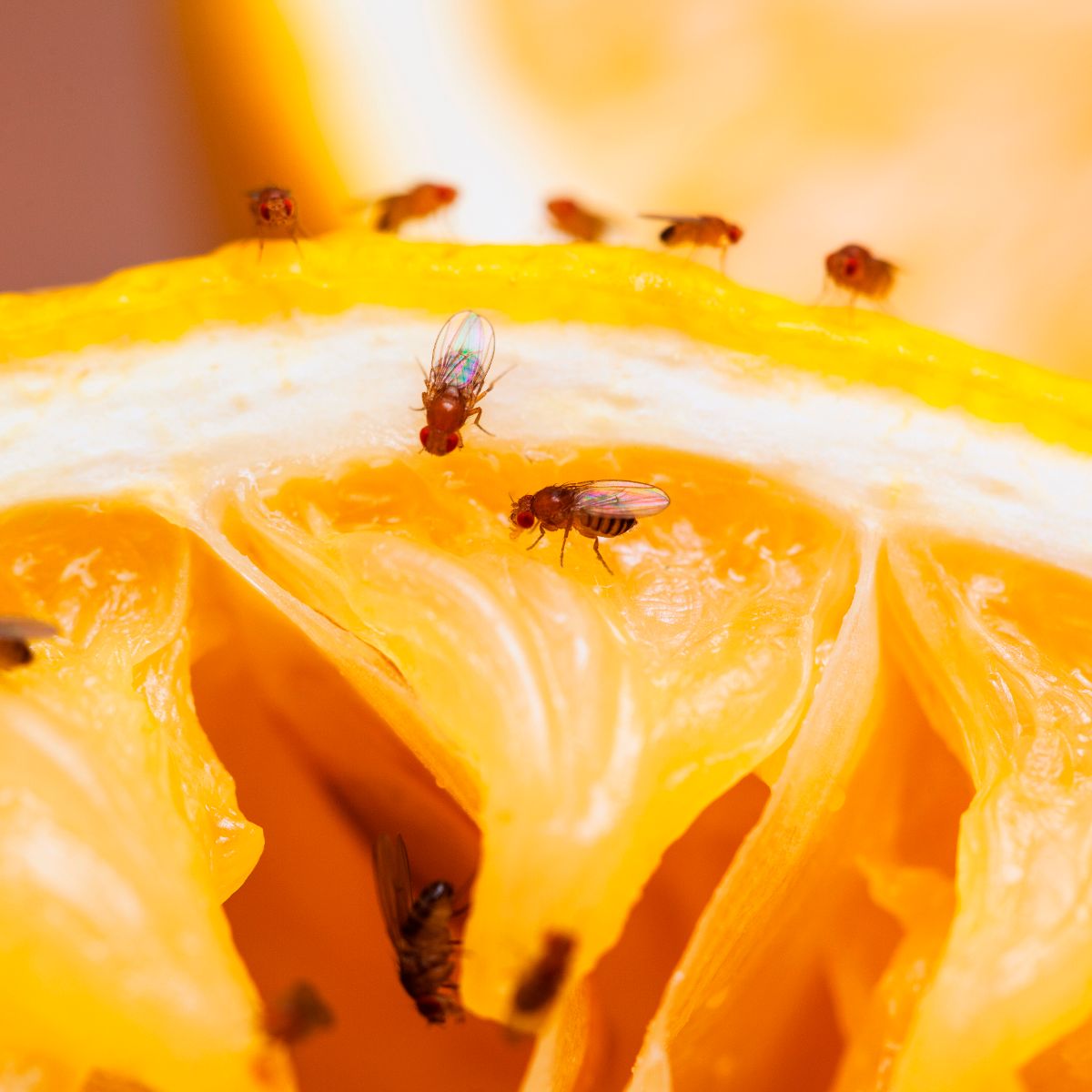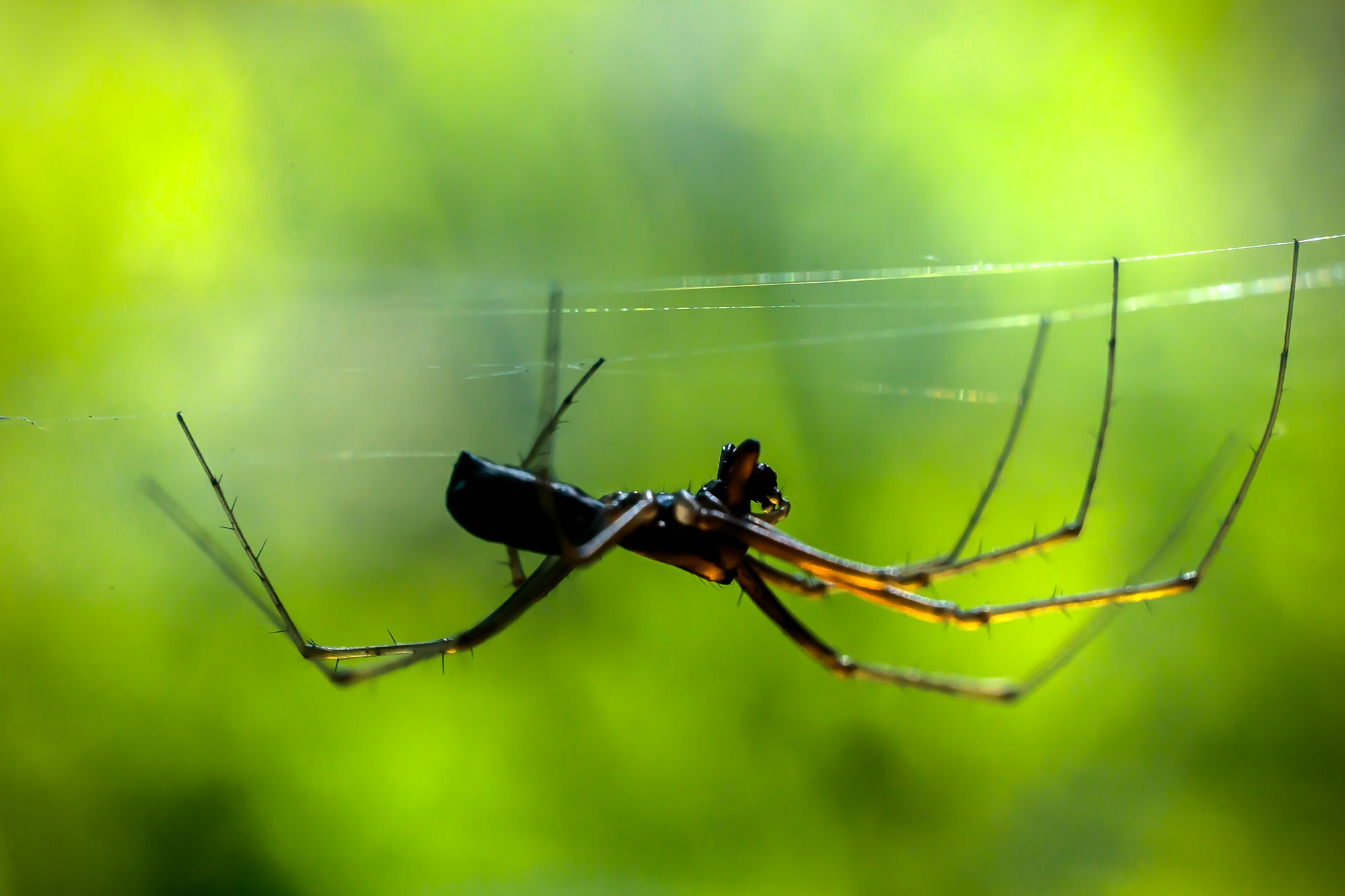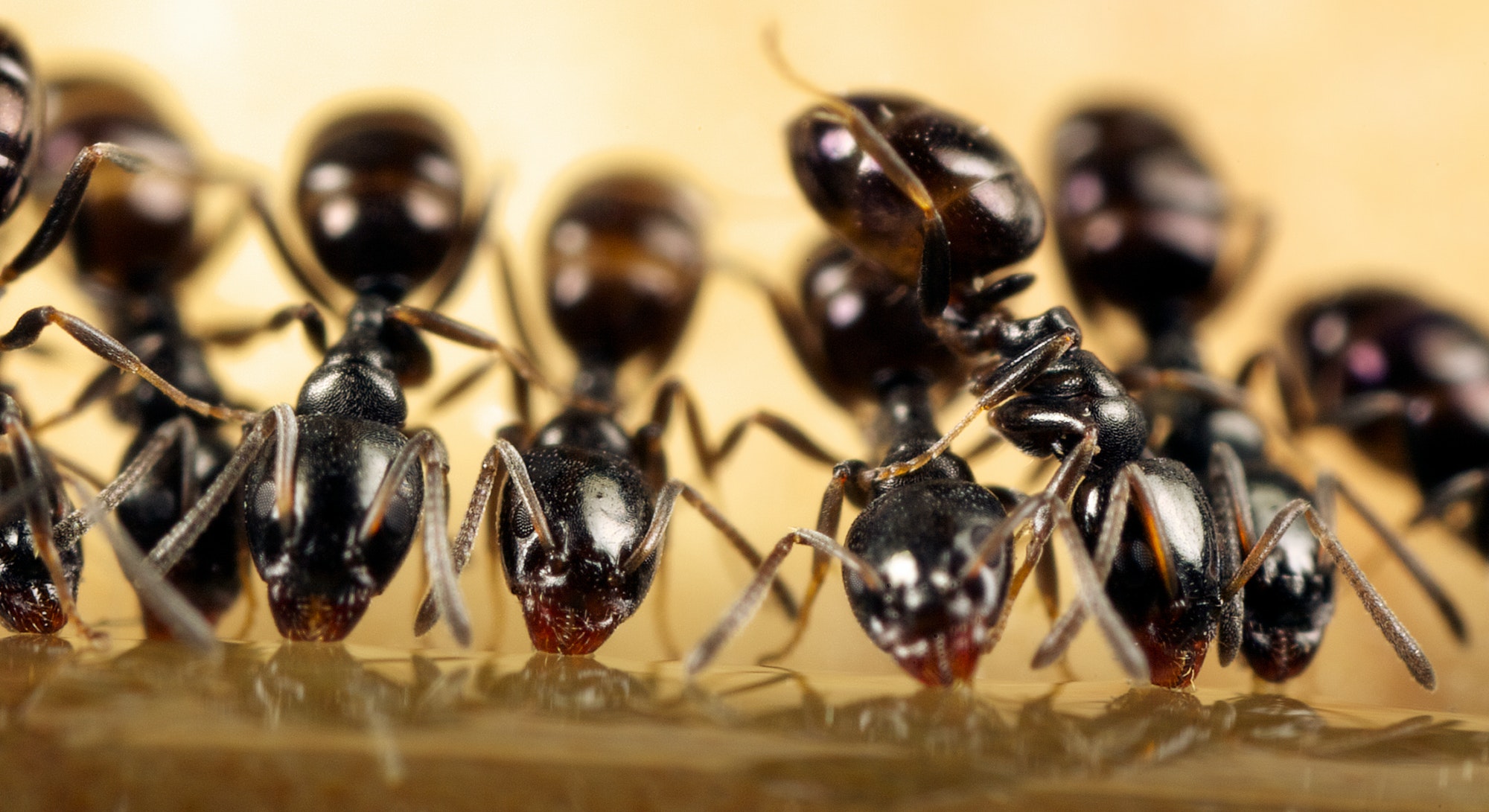How To Remove Fruit Flies From Your Kitchen?
It’s a lovely summer evening with you and your family gathered around the kitchen table for dinner. Hearing a buzzing sound, you look down, and sure enough, there is a fruit fly on your once desirable meal. These small flies are attracted to fermenting fruits and vegetables.
They also enjoy alcohol and soda. These insects also can breed in garbage cans, sink drains, and mop buckets. It is extremely important to inspect your produce before bringing it into the house. As well as regular cleaning of areas where food waste accumulates, like trash and sink drains
Besides being extremely annoying, fruit flies have the potential to contaminate food with bacteria and other pathogens. Storing fresh produce in refrigerators or sealed containers can limit exposure. It is crucial to start these procedures from the beginning.
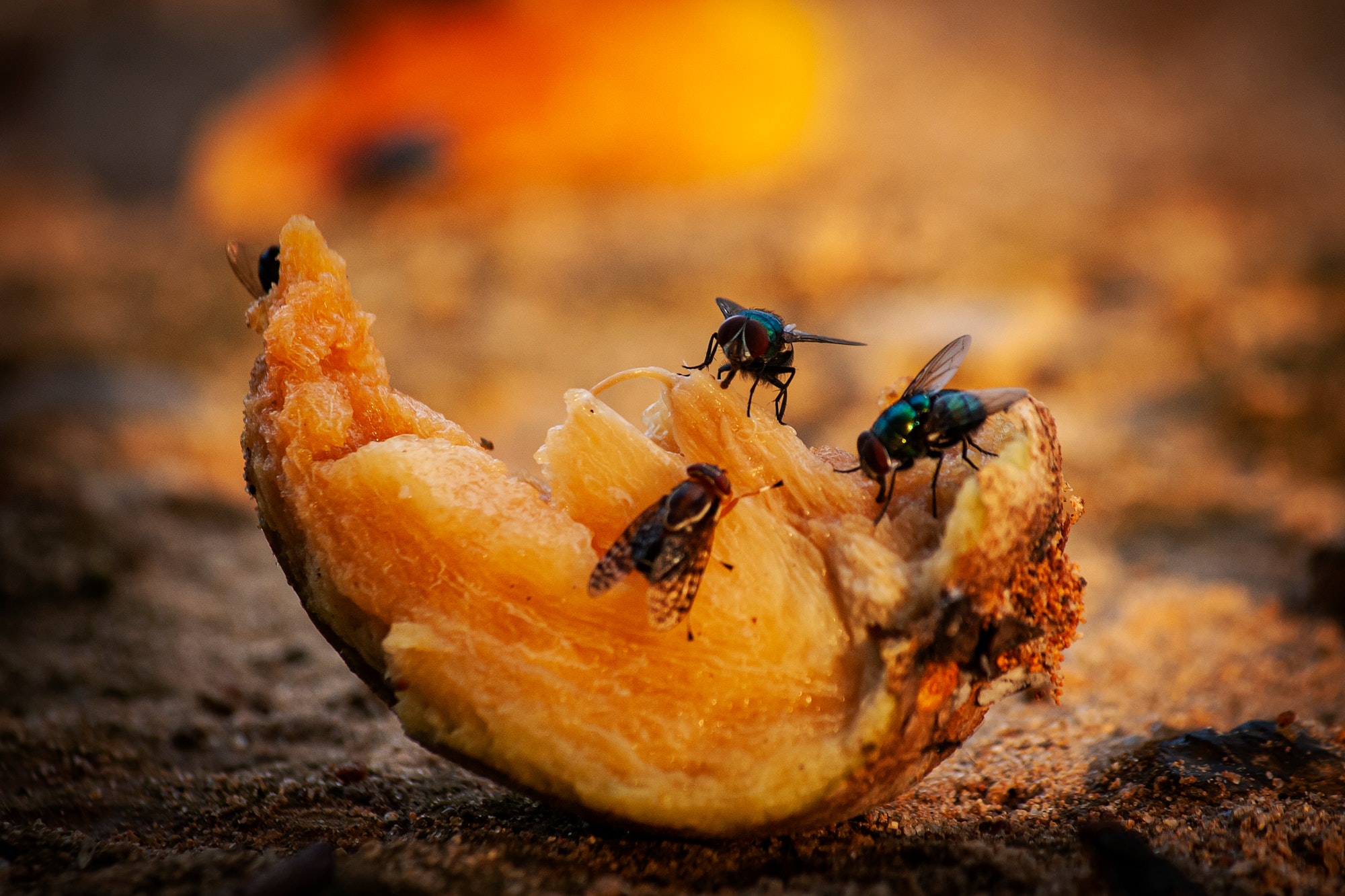
The common fruit fly (Drosophila melanogaster) is known for its rapid ability to reproduce. Female fruit flies can lay up to 2,000 eggs. Within 30 hours, the maggots begin to feed on the rotting food. The entire life cycle lasts about 30 days under ideal conditions. These pests spend around seven days between the egg and larval stage and become mature adults within two weeks.
A temporary method of removing these adult insects from your home is fruit fly traps. Sticky traps can be hung around the kitchen. While these do not attract the flies, those that have landed on them become stuck. Homemade traps include a cup of apple cider vinegar beneath a perforated cover. The adult flies are attracted to the scent and get stuck in the liquid.
For those looking to add some life to their kitchen while still handling the problem of fruit flies, a carnivorous plant could also be a solution. Sundew plants are considered the king of catching fruit flies. They use their sweet mucilage to attract the fly. The fly then becomes trapped and then digested in the plant!
The more common Venus flytrap is another carnivorous plant that is popular for catching flies. Unformatily the Venus flytrap only catches 3-4 bugs before closing up until a new bulb blooms. If you are also faced with wasps and bees a pitcher plant would be every efficient plant as well.
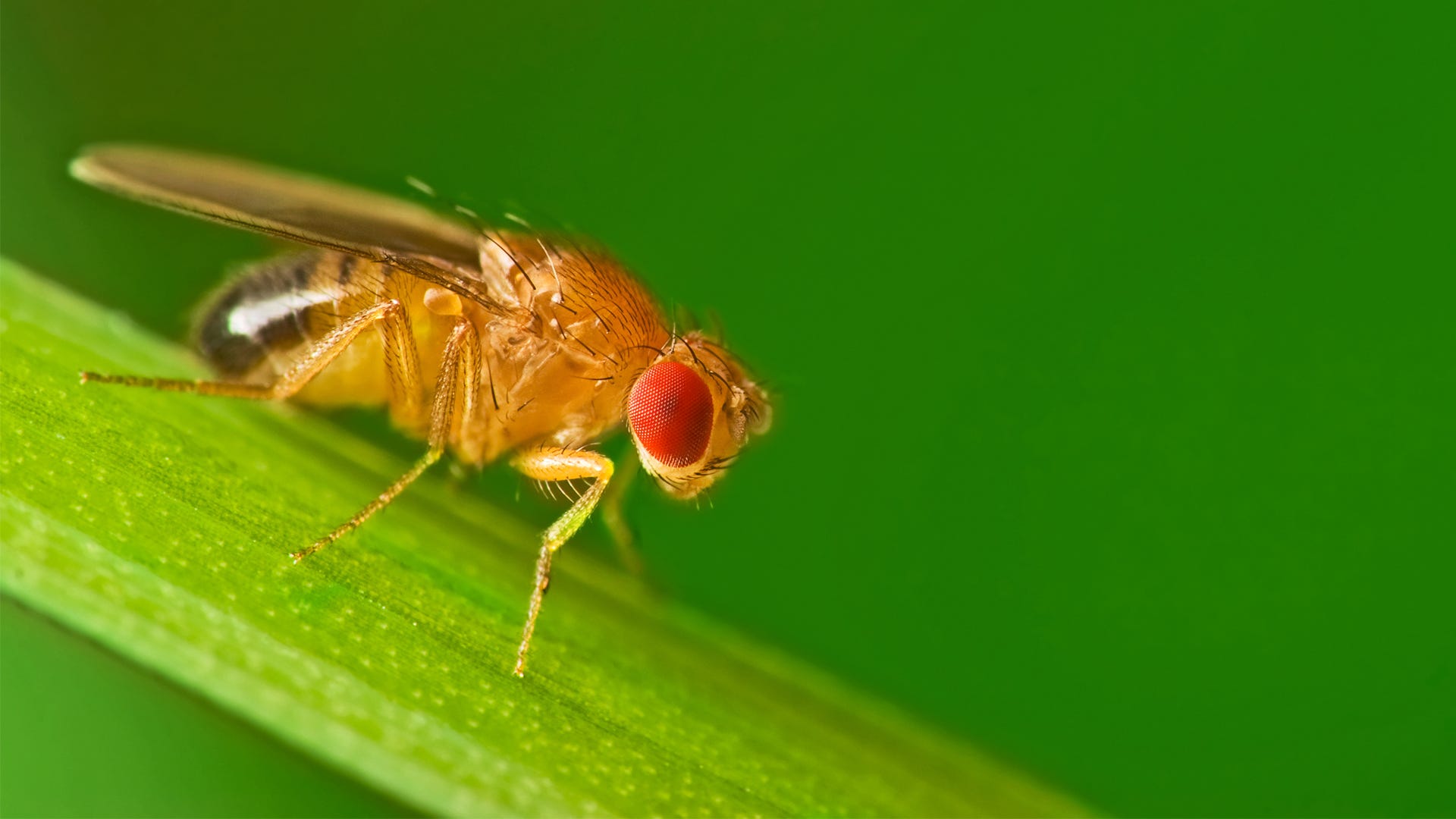
In summary, to avoid these annoying pests, inspect fruit and vegetables upon purchase. Keep produce fresh and properly dispose of when bad. Clean countertops and places that trash and old water can accumulate. If infestation still occurs, continue to do the steps above as well as any traps to help kill off the population.
If all these methods still do not handle your fruit fly situation, make sure to give Thrive Pest Control a call at (615) 558-5434 for a free inspection. Thrive’s crew of well-trained professionals can help evaluate the issue and come up with a unique program for your home. Thrive is a local company born right here in Nashville serving the community for over 20 years! They use eco-friendly & traditional treatments that are safe for your family and pets! Not only that, Thrive has a 100% guaranteed rate
